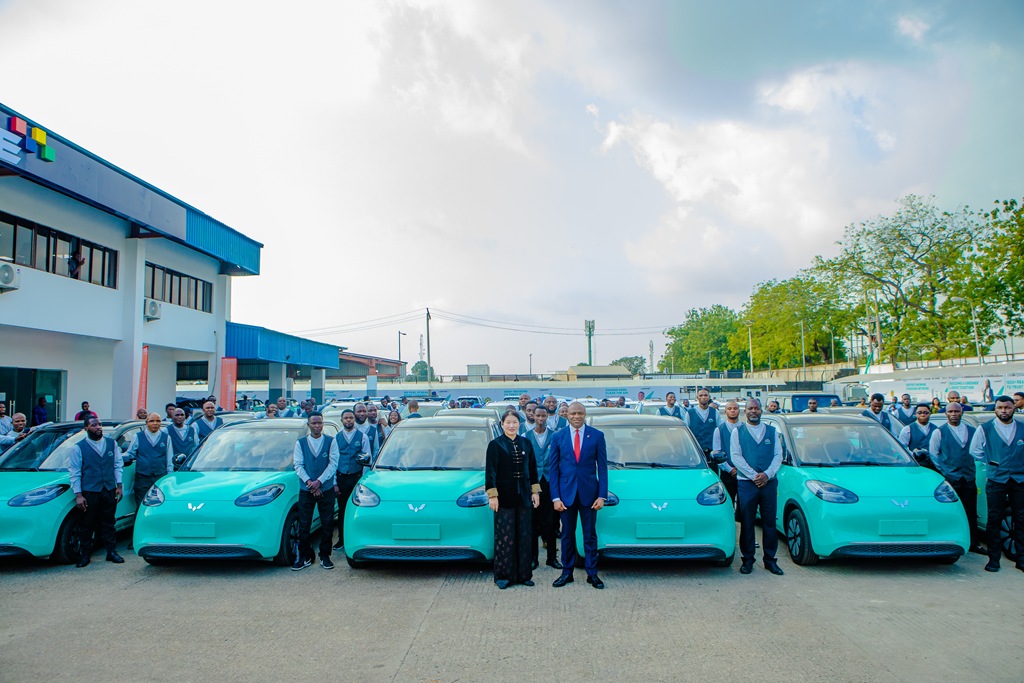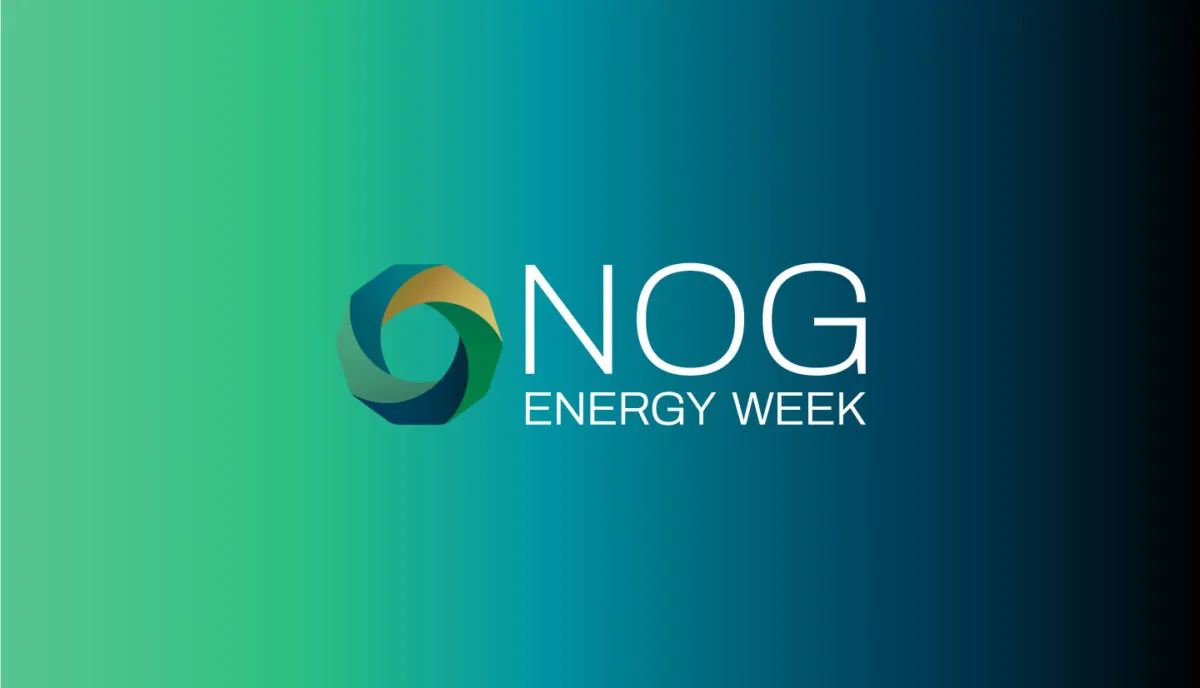West Africa’s industrial future will not be determined by the isolated efforts of individual countries but by the region’s ability to forge cross-border value chains and act collectively.
This conviction is set to take centre stage at the West Africa Industrialisation, Manufacturing & Trade (West Africa IMT) Summit scheduled for October 21–23, 2025, in Lagos, where governments, investors, and industry leaders will seek to transform ambition into coherent regional strategies.
The three-day summit is expected to gather policymakers, investors and industry leaders to advance initiatives that position West Africa as a competitive industrial hub. Organisers argue that for the region to achieve scale, countries must align policies, infrastructure and standards, while leveraging their individual strengths to support collective growth.
Nigeria, Ghana and Senegal have each laid foundations that, if aligned, could anchor a formidable industrial corridor. Nigeria offers unmatched scale, with a population of over 220 million, abundant raw materials, and a renewed policy tilt towards value addition. Its manufacturing sector, which contributed 9.62 per cent to GDP in the first quarter of 2025, up from 7.62 per cent in the last quarter of 2024, shows renewed momentum but still falls short of the double-digit share industry leaders believe is necessary to secure long-term growth.
Ghana has pursued industrialisation through its One District, One Factory programme, a public-private initiative designed to localise production and reduce dependence on raw commodity exports. Senegal, meanwhile, is driving reforms under the Plan Sénégal Émergent, with the Diamniadio Industrial Park as a flagship project and policies aimed at attracting investment and strengthening manufacturing. New energy developments and fiscal consolidation are also being positioned to improve competitiveness and reliability for industry.
Minister of State for Industry, Trade and Investment, Senator John Owan Enoh, declared that West Africa’s progress “is dependent on our capital cities, not the West,” stressing the urgency for regional economies to invest in themselves. While Nigeria brings size and resources, its neighbours are proving nimble in industrial reforms, suggesting that complementary strengths rather than competition will unlock the region’s potential.
The African Continental Free Trade Area (AfCFTA) is expected to be the glue that holds such cooperation together. By reducing tariffs and, more critically, addressing non-tariff barriers that add an estimated 14 per cent to the cost of manufacturing trade within Africa, AfCFTA provides a framework to design regional value chains. For West Africa, the agreement underscores the importance of collaboration over rivalry and the need for deliberate strategies that treat industrialisation as a shared regional movement.
For stakeholders, the Lagos summit offers an opportunity to translate these possibilities into action by creating alignment across borders, mobilising investment and ensuring that industrialisation is pursued with regional coherence rather than fragmented national ambitions.






